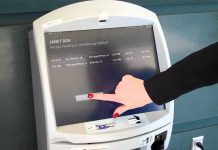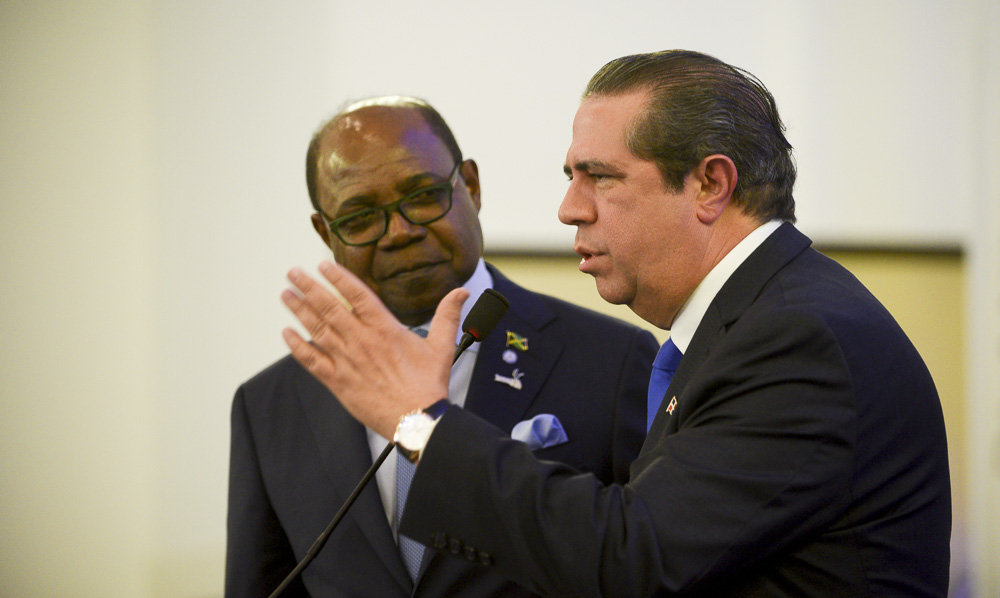
Holidaymakers who book trips on the internet will get new protections so they are not left stranded abroad or lose money if their travel firm goes bust, the UK government has said.
In a sign of the government’s commitment to helping consumers and ensuring people get the same protections online as on the high street, the first bill to be debated in the commons since the Queen’s Speech will give more holidaymakers coverage under the ATOL protection scheme.
The new legislation will ensure ATOL protection extends to passengers who book flights, hotels or car hire that are not sold as package holidays.
The move will cover a gap in the growing internet travel market by bringing up standards to those expected on the high street.
From 2018, when holidaymakers book a flight and are then directed by the airline to a separate company to book accommodation within 24 hours, the holiday will be covered by a government protection scheme.
ATOL was set up to protect consumers against travel companies going bust.
By law, all companies selling package holidays which include a flight must pay into a pot that can refund people who lose their holidays or, if needs be, bring them home if they are abroad when a company folds.
Prime minister Theresa May said: “This government is committed to making our country fairer by ensuring consumers have the protections they deserve both online and offline.
“Technology has transformed the way people book holidays, and this bill will mean the ATOL scheme can keep pace both now and in the future.
“Whether you book a well-earned getaway on the internet or the high street should not make a difference to knowing you won’t be stranded or left out-of-pocket if something goes wrong.”
The Air Travel Organisers’ Licence is a consumer protection scheme for package holidays that include a flight.
It protects over 20 million holidaymakers each year, with a promise to provide a refund or a flight home if their travel provider goes bust.
This is funded by a £2.50 contribution from travel companies for each protected passenger.










